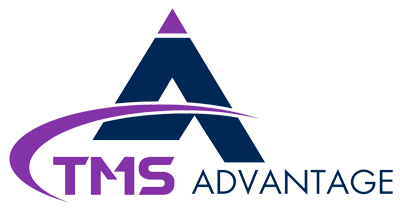
TMS is a proven, effective treatment for treatment resistant depression. TMS Therapy uses short pulses of magnetic fields to stimulate the area of the brain responsible for mood.
TMS is a proven, effective treatment for treatment resistant depression. TMS Therapy uses short pulses of magnetic fields to stimulate the area of the brain responsible for mood.

We cultivate a relaxed, calm environment where you can get the help you need. We’ve received the Diamond Provider award for our exemplary customer care and patient support. Flexible scheduling with our extended hours. Complimentary snacks, coffee, tea, and water offered for our patients’ comfort during each session.
We cultivate a relaxed, calm environment where you can get the help you need. We’ve received the Diamond Provider award for our exemplary customer care and patient support. Flexible scheduling with our extended hours. Complimentary snacks, coffee, tea, and water offered for our patients’ comfort during each session.
TMS Therapy is non invasive with no systemic side effects. No anesthesia.
A typical treatment course consists of 5 treatments per week over a
7-8 week period.
Each treatment typically lasts less than 19 minutes.
You will be fully awake and alert. You can read or watch TV and return to your daily activities with no resrictions.
We accept all Blue Cross plans, Cigna, United, Aetna, Tricare and others.
TMS stands for transcranial magnetic stimulation. It is used to treat depression by stimulating the brain non-invasively using electromagnetic fields, similar to those produced by an MRI machine. During TMS therapy, a magnetic field is administered in very short pulses to the part of the brain that research has demonstrated to be associated with depression.
TMS therapy uses short pulses of magnetic fields to stimulate the area of the brain that is thought to function abnormally in patients with depression. The magnetic field produces an electric current in the brain that stimulates the brain cells (neurons). This results in changes that are thought to be beneficial in the treatment of depression.
TMS is non-systemic (does not circulate in the blood throughout the body), so it does not have side effects such as weight gain, sexual dysfunction, nausea, dry mouth, sedation, etc. The most common side effects reported during clinical trials were headache and scalp discomfort – generally mild to moderate – occurring less frequently after the first week of treatment.
NeuroStar TMS is the only TMS system with the durability of its effects established over 12 months. In a clinical trial, 2 out of 3 patients who had either responded to treatment or completely remitted their depression symptoms reported 12 months later that they remained at the level they were at the end of the trial. Additionally, after the trial, only 1 in 3 patients needed to return for ‘maintenance’ TMS sessions.
Research into Transcranial Magnetic Stimulation (TMS) has created an alternative treatment for depression. It is believed that by focusing electromagnetic pulses at specific regions of the brain, TMS activates and raises the levels of neurotransmitters in areas shown to be under-performing in people suffering from depression. TMS is a very promising treatment for depression and seeks to be a viable therapy for those who have not benefited from prior antidepressant medications.
No. TMS therapy involves a unique method of using pulsed magnetic fields for therapeutic benefit. The intensity of the magnetic field is similar to that of the magnetic fields used in magnetic resonance imaging, or MRI. These techniques differ radically from the popular use of low intensity, static magnetic fields. These products deliver weak and undirected static fields that are not capable of activating brain cells.
No, the most common side effect related to treatment was scalp discomfort during treatment sessions.
Most commercial insurance plans recognize the importance of approving TMS treatment to treat depression. We accept all Blue Cross plans, United, Aetna, Cigna, Tricare, Beacon and more. We can do a single case agreement with almost any insurance. We do not accept Medicare or Medicaid at this time.
© 2024 Advantage Mental Health. All Rights Reserved.

